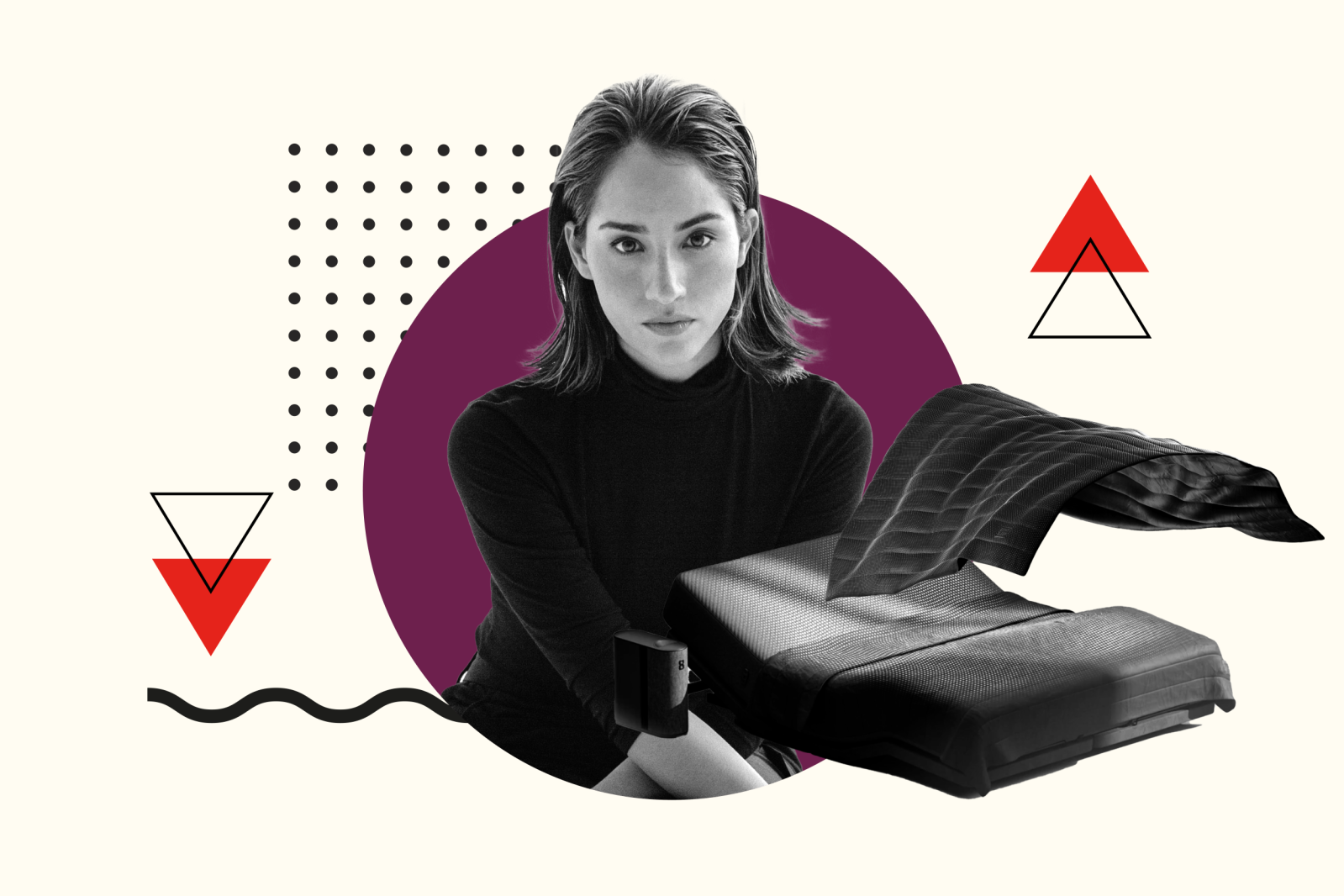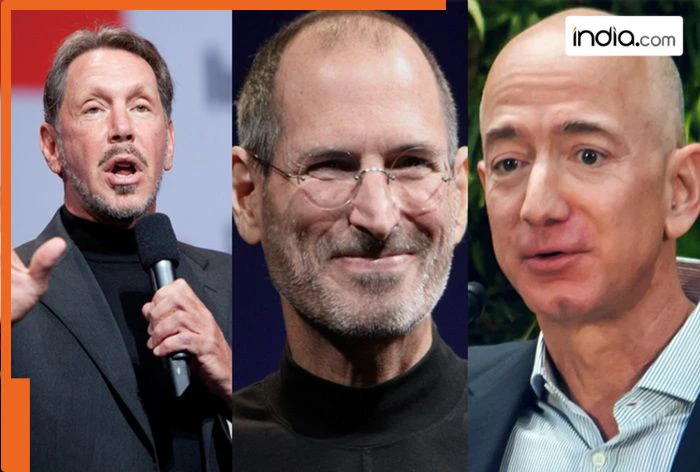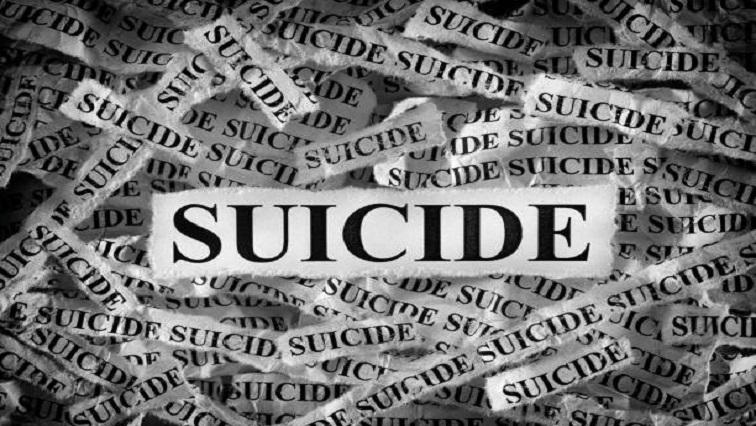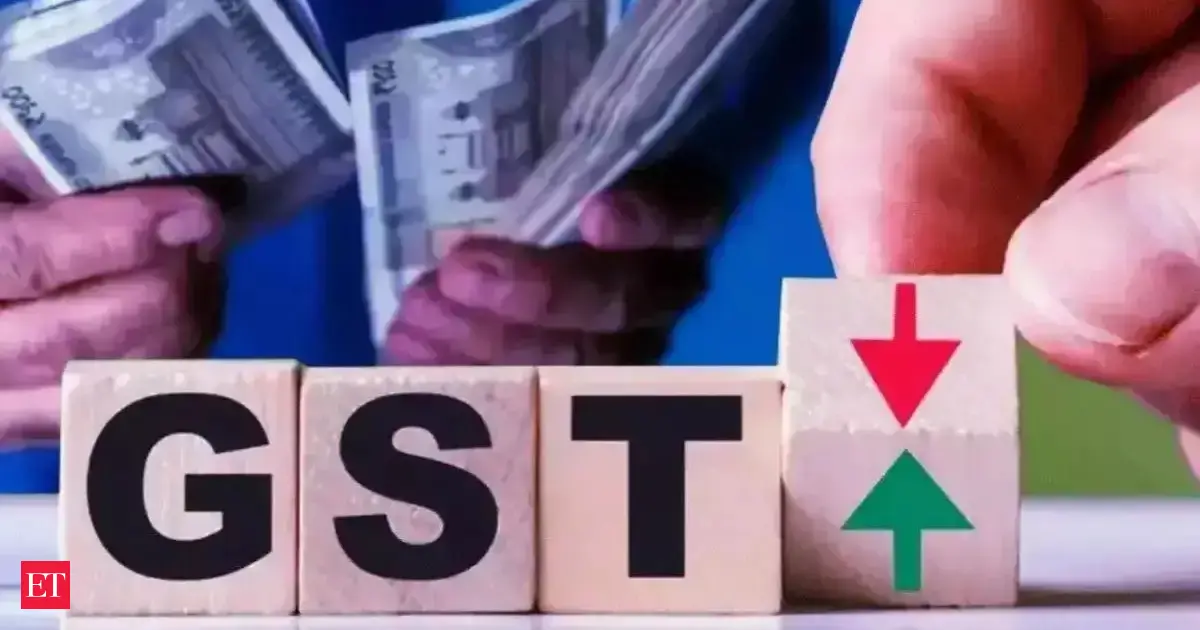By Katherine Fung
Copyright newsweek

In the city that never sleeps, employees at one startup are competing to find the best sleeper. And there’s a clear frontrunner, according to the leaderboards at Eight Sleep’s New York City office.“I’m a really good sleeper,” Alexandra Zatarain, the company’s co-founder and chief marketing officer, laughed. “I’m always winning. When I’m traveling away from my Pod is when someone else can finally win.”Eight Sleep, which bills itself as a “sleep fitness” company, is best known for its Pod, a smart mattress cover with an immersive heating, cooling and elevation system. Much like a wearable, the Pod also tracks sleep metrics, allowing users to test whether it really lives up to the promise of deeper slumber. Instead of slipping on a ring or strapping on a watch, you simply lie on top of it.“Sleep is the number one challenge for so many people in the world right now,” Dr. Greg Wells, a physiologist and the best-selling author of titles like “Rest Refocus Recharge: A Guide For Optimizing Your Life,” told Newsweek. “Whether it’s athletes, businesspeople, knowledge workers, everyone is struggling with sleep. And the data backs that up. Twenty-five percent of Americans have a diagnosed sleep disorder. It’s a huge number.”“What we’ve discovered is that sleep is a superpower,” he said. “When you sleep well, you learn better, you’re more creative, you can problem solve. These are all critical factors for us to work, and if we’re not sleeping, we can’t work well.”Few know that as well as tech billionaire Mark Zuckerberg, seven-time Formula 1 World Champion Lewis Hamilton, top-ranked American men’s tennis player Taylor Fritz and longevity’s poster child Bryan Johnson—all of whom go to bed on Eight Sleep mattresses. And the 11-year-old startup isn’t stopping there.WGI Alexandra Zatarain Last month, Eight Sleep’s valuation grew to almost $1 billion after the company raised another $100 million in a Series D funding round. Following the announcement, the company said it was planning to expand to Asia and to launch branded retail stores. Then, two weeks before Zatarain sat down with Newsweek in early September, Eight Sleep also filed its first application with the FDA.“We’ve always had that north star of improving sleep, but it’s also—as Matteo [Franceschetti, Zatarain’s co-founder and husband] describes it—saving your life,” Zatarain said. “We believe your bed can become your main health checkpoint every single night.”Filing for medical device classifications is the natural next step given the company’s mission and Zatarain’s own motivations to join Eight Sleep.Of course, her marriage was a large factor in the decision to go into business with her husband and his friends (Eight Sleep’s two other co-founders are Massimo Andreasi Bassi and Andrea Ballarini). But what drew her most to the venture was a hope that this type of technology could have prevented her father’s death.“Right around the time that they started exploring this, my dad was going through cancer,” she said. “It was four months between when he was diagnosed with colon cancer to when he died. It was a very fast period.”“[Franceschetti and Andreasi Bassi] always had a vision that, through the information that we could gather while you were asleep, we could anticipate things developing in your body related to your health,” she said. “I thought, ‘What could have happened if we had this type of product on my dad’s bed? Maybe we could have seen something was happening with his biometrics and he could have gone to the doctor before it was too late.’”Each side of the Pod works independently, so that people with two different temperature needs can optimize their sleep in the same time.Wearable technology has advanced rapidly in recent years. Wells said that smartwatches can collect data that’s not only reliable but also pretty accurate.“I remember sitting in my laboratory and looking out at all these athletes doing these very intense tests, using this incredibly advanced equipment that costs hundreds of thousands of dollars to run and operate,” Wells chuckled. “I was reading an article about this new thing called Apple Watch, and I realized, ‘Oh my gosh. Everything in my lab is going to be on everyone’s watch’… What’s happened is that laboratory-type testing has been democratized and given to everyone using wearables.”Products like the Pod benefit from a major convenience factor.“Current wearables, especially smart watches, you have to put on or off,” Cindy Hsin-Liu Kao, the founder and director of Cornell University’s Hybrid Body Lab, told Newsweek. “But wh…



